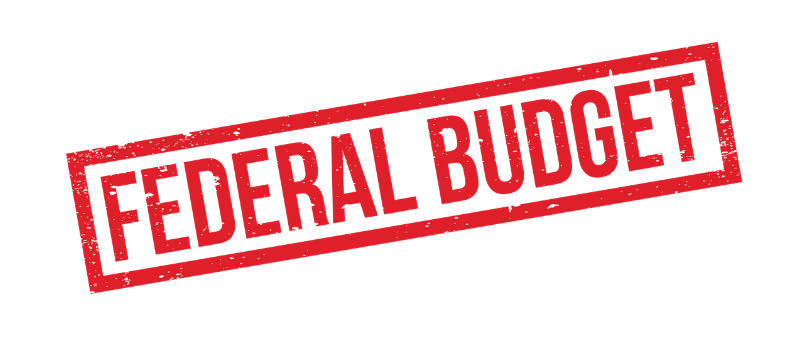On 2 April 2019, the Government handed down the 2019-20 Federal Budget. The focus of the Budget is for a stronger economy and securing a better future.
The changes proposed in this year’s Budget are minimal in number compared to prior years, and largely positive, which is no surprise in an election year. Changes include updates to personal taxation thresholds and tax offsets, measures to allow people to contribute to super for longer, and assistance to welfare recipients to help them overcome increasing living costs.
Following is a summary of some of the major proposals and how they may affect you.
Taxation
The major aspect of taxation reform centres on the ‘Personal Income Tax Plan’, that was announced in the 2018-19 Federal Budget, and is being phased in over a seven-year period. The first set of changes under plan was the introduction of a ‘Low and Middle Income Tax Offset’. In this year’s Budget, the Government has announced it will more than double the maximum benefit to $1,080 per annum. The maximum benefit will flow to those with taxable income ranging from $48,000 to $90,000, but there is some benefit if your taxable income is below $48,000 or between $90,000 and $126,000.
Additional relief will also be made by changes to thresholds and rates. From 1 July 2022, the Government will increase the top threshold of the 19 per cent personal income tax bracket from $41,000, as legislated under the plan, to $45,000. From 1 July 2022, the Low Income Tax Offset (LITO) will be increased to a maximum $700 for those with taxable income less than $37,500. LITO will phase out at 5% in the income range from $37,500 to $45,000, and at 1.5% thereafter.
Small business owners will also gain the benefit of a further 12-month extension of the ability to claim an instant asset write off for eligible assets purchased, and an increase in the write off up to $30,000 from the current level of $20,000.
Superannuation
From 1 July 2020, if you are aged 65 or 66, you will be able to make additional contributions to super even if you’re no longer working. This is a welcome change for many Australians looking to boost their income in retirement and also aligns to the qualification age for the age pension, that is rising to age 67 (from 1 July 2023).
From 1 July 2020 there will be an increased ability to make spouse contributions to super. The existing age limit will be increased to allow you to make contributions on behalf of your spouse, from 70 to age 74.
Welfare
The Government committed to increased funding to make more aged care spaces available for Australians in the future. Of more current impact however is an immediate one-off payment of $75 for individuals and $125 per couple for eligible welfare recipients to assist with their next power bill.
Budget Summary
The number of changes in this year’s Federal Budget relating to financial planning and wealth are small compared to prior years, however, with many Australians feeling pressure from increased costs of living, the proposed acceleration of personal tax cuts is a positive. It’s important to remember that any benefit gained is only part of the story. The real question is what you do with those savings.
Importantly, the measures are still only proposals, and are subject to the Government’s re-election and then the successful passage of legislation. If you would like advice that is personal to your own circumstances, contact me today.

